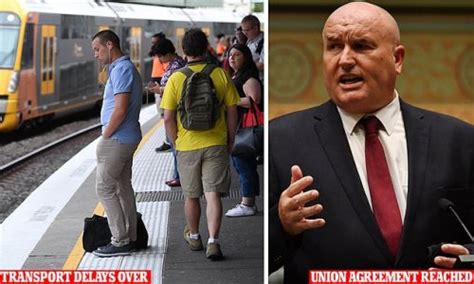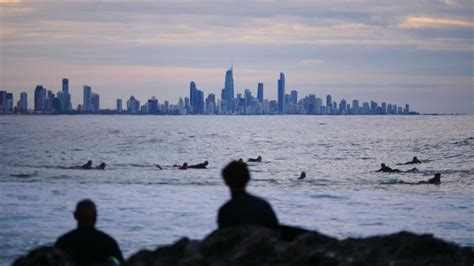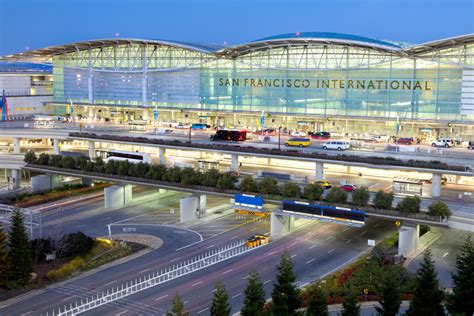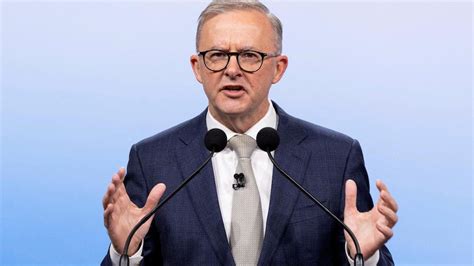After days of turmoil in Sydney’s transport system, there might finally be light at the end of the tunnel. The city was plunged into chaos as thousands of train services came to a halt due to a bitter pay dispute between the rail unions and state government officials. But now, amid this storm of transport troubles, a crucial deal is on the horizon that could bring an end to the standoff.
Union Counteroffer
The rail union officials are gearing up to present a counteroffer on workers’ pay and conditions to the State Government. This move comes after a crippling train strike was temporarily halted by the workplace umpire, offering some relief to stranded commuters. In a bid to resolve the ongoing conflict, discussions are underway between key stakeholders from both sides.
Hopeful Negotiations
RTBU state secretary Toby Warnes expressed optimism about reaching a resolution, stating that they were “very hopeful” as their positions were drawing closer. The RTBU’s counteroffer has been tabled during negotiations, signaling progress towards finding common ground between the parties involved. Despite maintaining confidentiality around specific details for strategic reasons, it is evident that both sides are actively engaged in seeking a mutually agreeable solution.
Implications of Industrial Action
The recent industrial action had significant implications for daily commuters and highlighted the critical role played by rail workers in ensuring smooth operations within the public transport system. The disruption caused by service cancellations underscored the importance of addressing labor disputes promptly to prevent widespread inconvenience and economic repercussions.
The Labor Government’s Challenge
Under pressure from union demands for improved pay conditions, the Labor government faced mounting challenges in negotiating a new agreement with over 13,000 affiliated rail workers. With tensions running high and expectations diverging on salary increments, finding common ground became imperative to restore normalcy in Sydney’s transportation network.
Roots of Discontent
The core issue revolved around wage disparities and superannuation contributions, with union members pressing for significant salary hikes over several years. However, these demands clashed with the government’s proposed offer of a lower pay raise coupled with marginal super increases—an impasse that needed swift resolution to prevent prolonged disruptions affecting public services.
As negotiations unfold behind closed doors and stakeholders navigate through differing perspectives and interests, there remains cautious optimism about reaching a breakthrough that could steer Sydney away from further transit turbulence. The upcoming hearing scheduled by Fair Work Commission presents an opportunity for all parties to engage constructively towards resolving their differences while prioritizing commuter welfare and operational efficiency.
Through collaborative efforts and willingness to compromise where necessary, both sides have an opportunity to demonstrate leadership in conflict resolution—setting a positive precedent for future labor negotiations within Australia’s public sector industries.Let us hope this impending deal will mark not just an end but also a new beginning—one characterized by mutual respect, fair treatment of workers, and sustainable practices ensuring uninterrupted service delivery essential for Sydney’s bustling population.









Leave feedback about this